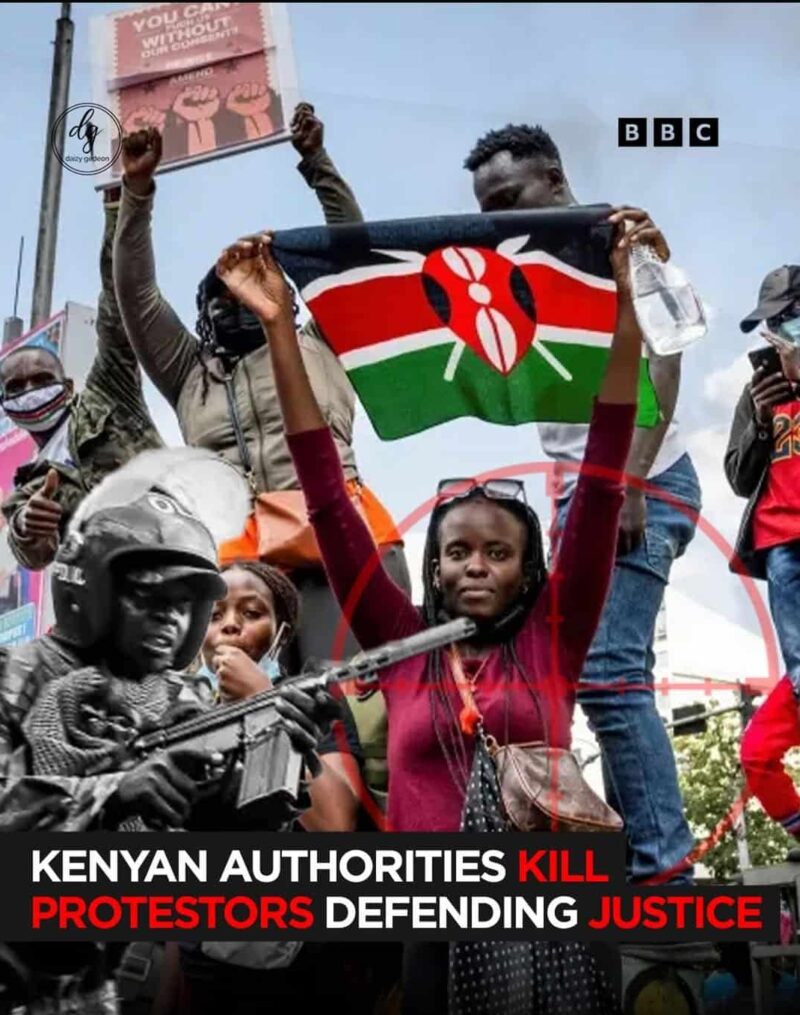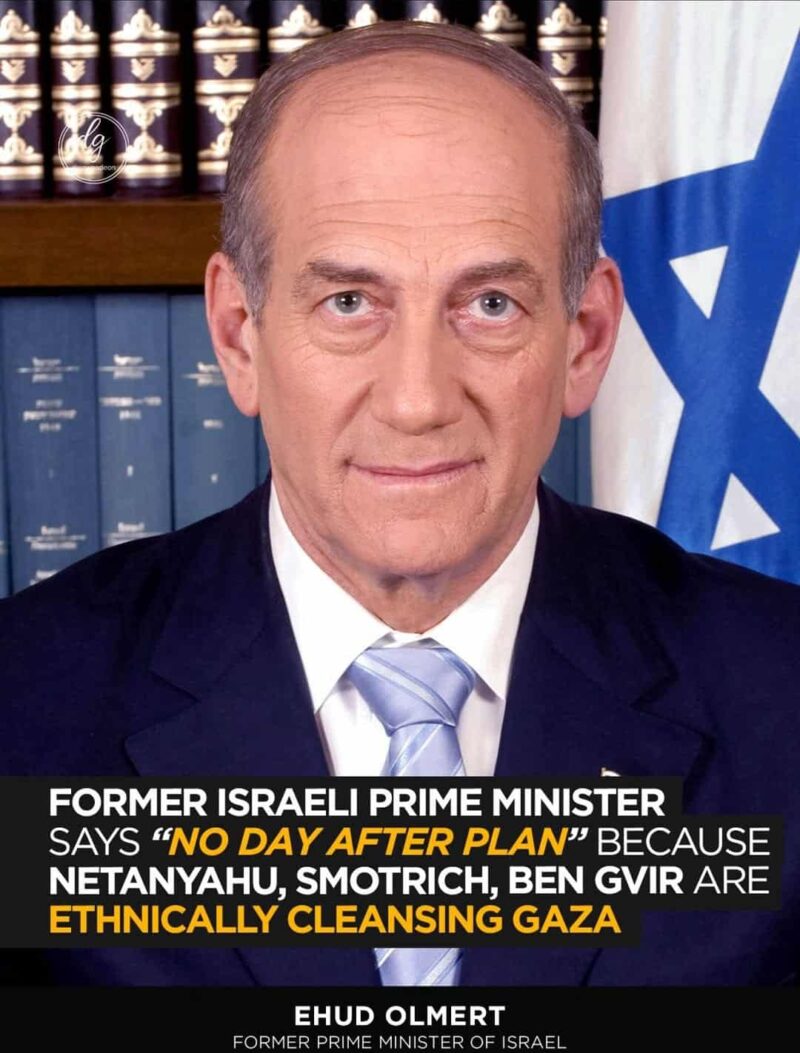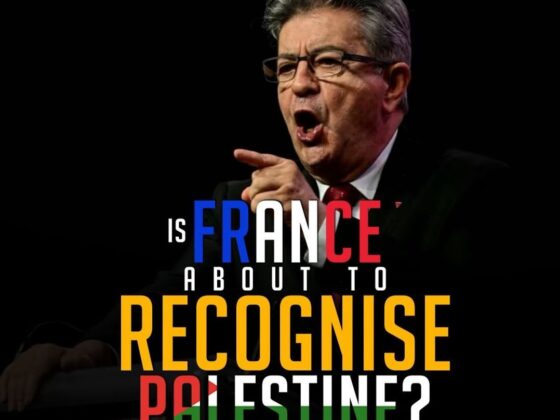Israel BANS PALESTINIAN REUNIFICATION!
July 8, 2024The Israeli Citizenship Law is ahead of a hearing tomorrow before the Israeli Supreme Court. The Court will hear petitions challenging the 21-year ban on Palestinian family unification. This discriminatory measure denies Palestinians the right to marry and live with loved ones based on their national identity. In Adalah’s third Supreme Court petition against the ban, Adalah challenges the most recent form of the law, which is even harsher than its predecessors.
The Citizenship Law, which enforces this ban, prohibits the unification of Palestinian families, e.g., Palestinians with Israeli citizenship married to Palestinians from the West Bank and the Gaza Strip. The law is designed to produce separate citizenship tracks for Israeli Jewish citizens and for Palestinian citizens of Israel. These separate and unequal tracks are part and parcel of establishing and maintaining an apartheid system of Jewish supremacy.
Yes. It’s apartheid.
@adalah.legal.center
If you advocate for TRUTH & JUSTICE, SHARE to spread the knowledge.
#Gaza #HumanRights #StopTheFamine #MedicalAid #SaveGaza #EndTheWar #HumanityFirst #ActNow #HealthcareForAll #Nakba76 #FreePalestine #StandWithPalestine #JusticeForPalestine #EndOccupation #PalestinianRights #FreePalestine #StandWithGaza #StudentProtest #UniversityOfAmsterdam #HumanRights #Solidarity #NoJusticeNoPeace #Amsterdam #Rafah #فلسطين
English Script:
Rabea Eghbariah: The Israeli citizenship law violates the most fundamental rights of Palestinians to establish a family life. The law bars Palestinians with Israeli citizenship or residency from extending their legal status to their Palestinian partners from the West Bank or Gaza.
Israeli politician: “The State of Israel is now receiving today a gift, an upgraded and improved citizenship law with a purpose clause that explicitly says that the purpose of the law is: preserving a Jewish state”.
Geoff Budlender: I was the attorney for Mr. and Mrs. Komani in 1979 and 1980. Mr. Komani had urban residential rights in Cape Town. His wife wanted to join him with the children, and the dispute was about whether she and the children had the right to live with him in Cape Town. The government took the position that she was illegally in Cape Town because she didn’t have a house permit for where she was living.
Arthur Chaskalson: The administration boards, which were really terrible institutions, they were at the heart of apartheid. They were run by people who were ideologues committed to keeping South Africa white.
Mrs Komani: They didn’t want us. The white people did not want us.
Geoff Budlender: In 1979, the Legal Resources Center was established, and the first case we took on, in fact, was the Komani appeal.
Arthur Chaskalson: I remember Geoff coming up to me showed me the papers and I read the judgment. I said, well, I don’t think we’ve got any chance, but let’s take the case on.
Mrs Komani: We went to court.
Arthur Chaskalson: The Komanis brought a case to the High Court in Cape Town challenging this, asserting that the family had a right to be together. And when we left court, I thought we were going to win, which we did.
Geoff Budlender: One of the things that interests me about the new law in Israel is that it’s an extraordinary situation where the law says that a family may not live together. There clearly is a parallel, but the system of separating families failed the test in South Africa, even under apartheid law, Mr. and Mrs. Komani had a right to live together with their children.
Rabea Eghbariah: This law creates two separate legal tracks with regards to family rights and citizenship. It is precisely the definition of apartheid.






